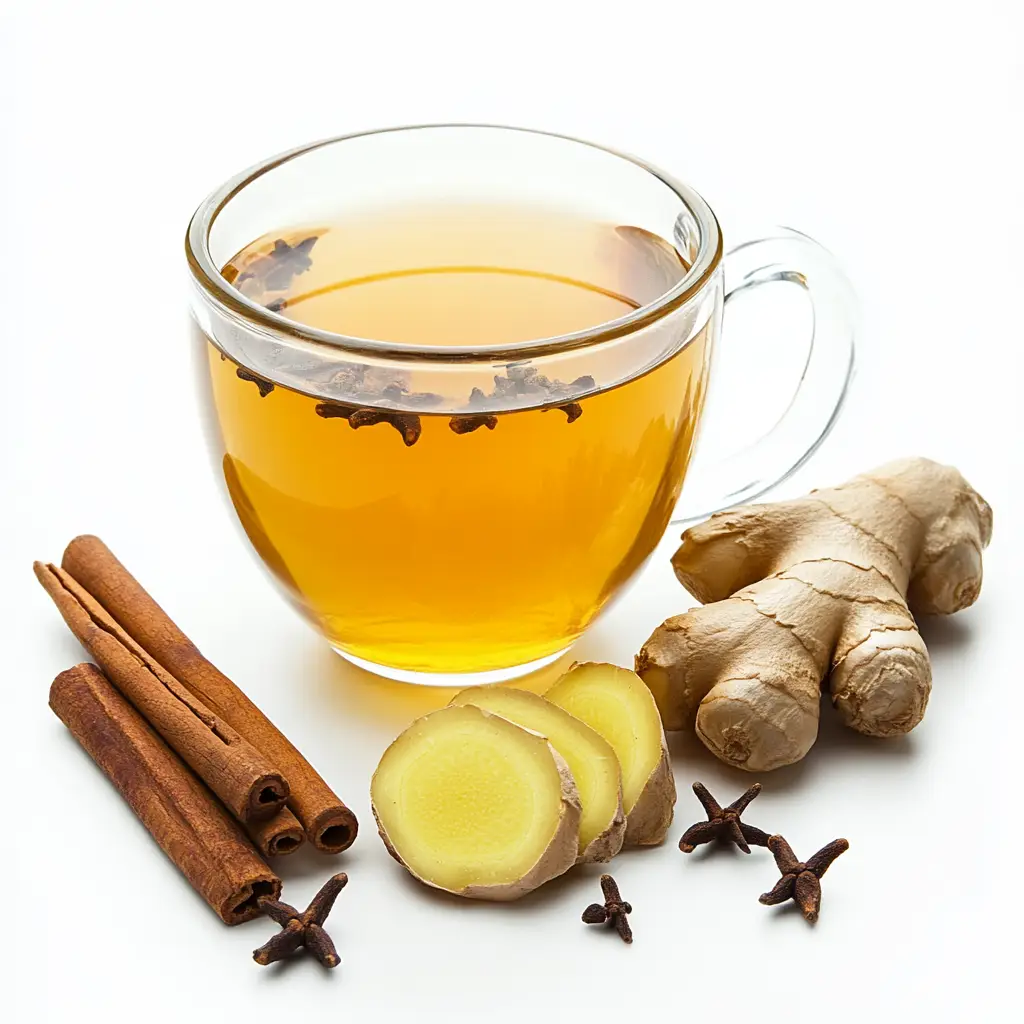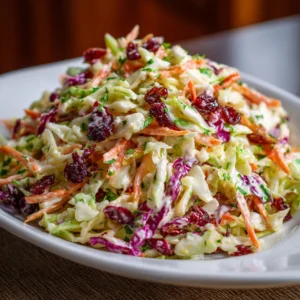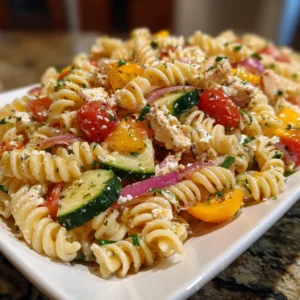Herbal teas have been used for centuries as natural remedies for various health concerns. Among the most powerful and underrated options is clove tea, a warm infusion known for its antimicrobial, anti-inflammatory, and respiratory benefits. With a blend of cloves, ginger, and cinnamon, this tea not only tastes soothing but also works as a natural defense against harmful bacteria and respiratory congestion.
One of its standout claims is that it may kill mouth bacteria and help clear the lungs in just 10 minutes, making it an excellent option for anyone seeking a natural boost to their oral hygiene and respiratory health. In this article, we’ll explore the benefits of clove tea, how to prepare it, variations you can try, and important safety considerations before adding it to your wellness routine.
Why You’ll Love This Clove Tea
-
Natural Oral Health Support – Cloves contain eugenol, a compound with strong antimicrobial properties that helps fight oral bacteria and freshen breath.
-
Respiratory Relief – The blend of cloves, ginger, and cinnamon can help open airways, soothe irritation, and reduce congestion.
-
Warming and Comforting Flavor – The earthy, spicy notes of this tea make it a cozy beverage during cold weather or flu season.
-
Immune-Boosting Potential – With optional honey, this tea offers antibacterial and soothing qualities for the throat.
-
Quick and Easy to Prepare – Ready in under 15 minutes with simple kitchen ingredients.
Key Ingredients
Let’s break down the health benefits of each ingredient used in this recipe:
-
Cloves (¼ tsp) – Rich in eugenol, an oil with antibacterial and anti-inflammatory properties. Known for reducing oral bacteria, soothing sore throats, and easing respiratory discomfort.
-
Fresh Ginger (½ inch, sliced) – Acts as a natural expectorant, helping to clear mucus from the lungs while reducing inflammation and nausea.
-
Cinnamon Stick (1 stick) – Adds flavor and warmth while also providing antibacterial and antioxidant properties.
-
Boiling Water (3 cups) – Extracts the beneficial compounds from the herbs and spices, creating a healing infusion.
-
Honey (optional, added after cooling slightly) – Offers antibacterial properties and a soothing effect on the throat while enhancing the flavor of the tea.
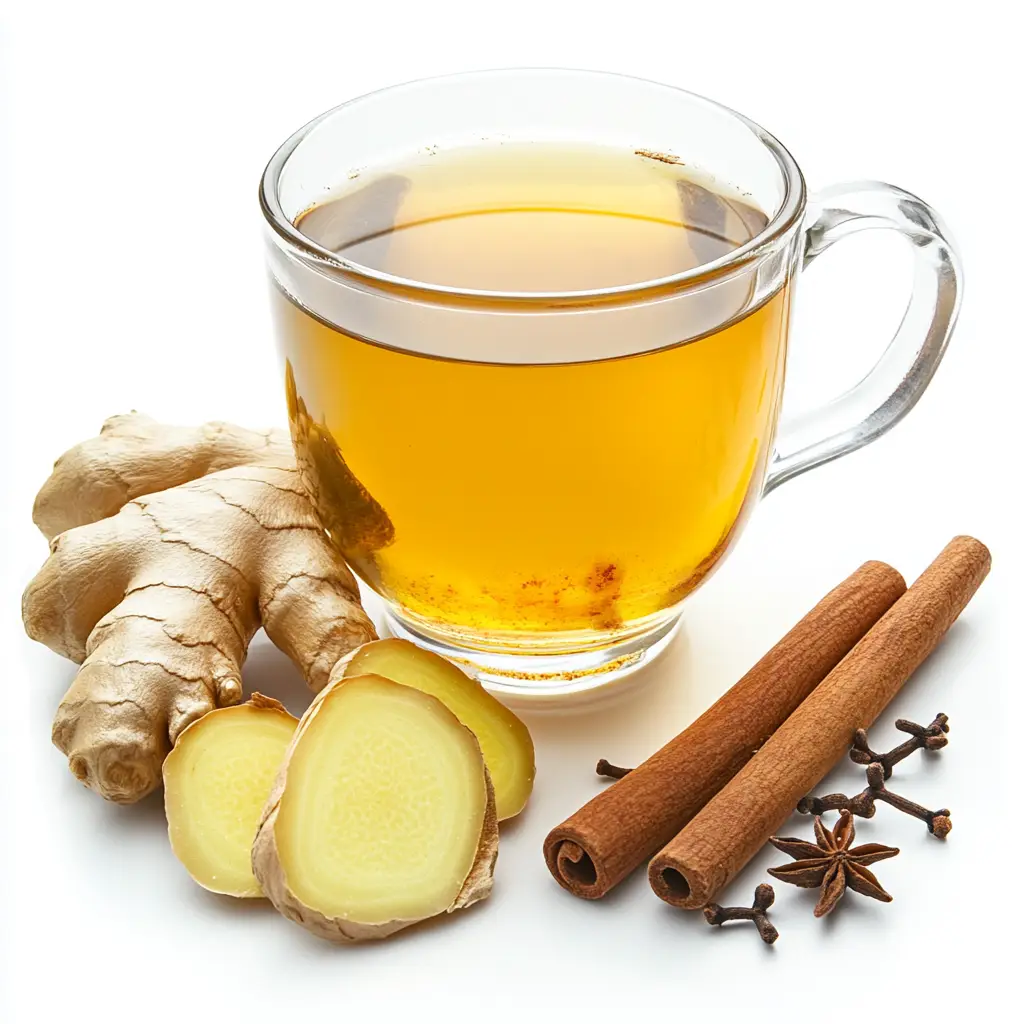
Step-by-Step Instructions
Step 1 – Prepare the Ingredients
Gather ½ inch of fresh ginger, slice it thinly, then measure out ¼ teaspoon of cloves and 1 cinnamon stick.
Step 2 – Boil
Bring 3 cups of water to a rolling boil in a pot. Add the ginger slices, cinnamon stick, and cloves.
Step 3 – Simmer
Reduce the heat and let the mixture simmer for 7–8 minutes. This allows the water to extract the beneficial oils and compounds from the ingredients.
Step 4 – Strain
Remove the pot from heat and strain the tea into mugs, discarding the spices.
Step 5 – Sweeten (Optional)
Let the tea cool slightly before adding honey. Adding honey to boiling hot tea can destroy some of its beneficial enzymes.
Step 6 – Sip and Enjoy
Drink while warm. For best results, enjoy the tea when experiencing congestion, cough, or oral irritation.
Health Benefits of Clove Tea
1. Oral Health Support
Cloves are a traditional remedy for toothaches and oral infections. Eugenol, their active compound, acts as a natural antiseptic, helping reduce harmful bacteria in the mouth that cause bad breath, cavities, and gum issues. Drinking clove tea may leave your mouth feeling fresher and cleaner.
2. Lung and Respiratory Relief
Clove, ginger, and cinnamon work together to open airways and loosen mucus. This can help ease coughing, reduce irritation, and support lung function during colds or allergies.
3. Anti-Inflammatory Properties
All three main ingredients have natural anti-inflammatory effects. This makes clove tea beneficial for sore throats, irritated sinuses, or even general inflammation in the body.
4. Antioxidant Support
Cloves, ginger, and cinnamon are all packed with antioxidants, which help fight free radicals and strengthen the immune system.
5. Digestive Aid
Clove tea can also help with digestion by reducing bloating, gas, and nausea, thanks to the soothing effects of ginger and cloves.
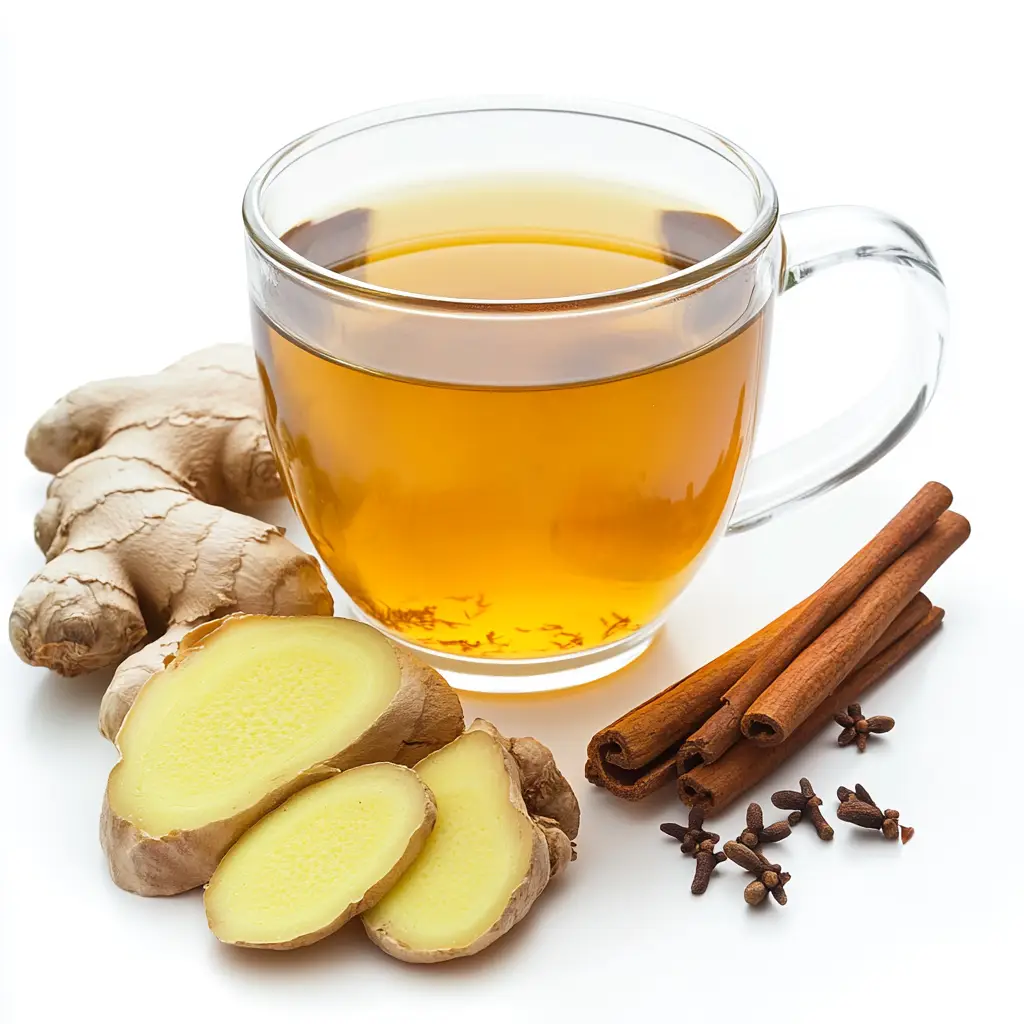
Variations of Clove Tea
Once you’ve mastered the base recipe, try these variations for added flavor and benefits:
-
Lemon Clove Tea – Add a slice of fresh lemon or 1 teaspoon of lemon juice after straining for extra vitamin C and a refreshing twist.
-
Mint Clove Tea – Add fresh mint leaves for a cooling effect that pairs well with the warmth of ginger and cinnamon.
-
Turmeric Clove Tea – Add ½ teaspoon of turmeric powder for additional anti-inflammatory benefits.
-
Spiced Clove Chai – Add cardamom pods and black tea leaves during simmering for a chai-style beverage.
-
Clove and Green Tea Infusion – Brew green tea alongside the clove mixture for a metabolism-boosting blend.
Tips for the Perfect Clove Tea
-
Use Fresh Spices – Fresh ginger and whole cinnamon sticks yield stronger, more beneficial tea than powdered versions.
-
Don’t Over-Boil – Simmering for 7–8 minutes is ideal. Boiling longer can make the tea bitter.
-
Sweeten Wisely – Use honey or natural sweeteners instead of sugar for added health benefits.
-
Drink Warm – The soothing effects are strongest when the tea is sipped warm.
-
Adjust Spice Levels – If you prefer stronger flavors, increase the cloves to ½ teaspoon, but be cautious—too much can make the tea overpowering.
Safety and Precautions
While clove tea offers many benefits, it’s not suitable for everyone.
-
Pregnancy and Breastfeeding – Cloves and cinnamon in medicinal amounts may not be safe. Pregnant women should avoid strong clove tea.
-
Blood-Thinning Medication – Eugenol can act as a natural blood thinner. If you take anticoagulants, avoid clove tea or consult a healthcare professional first.
-
Stomach Sensitivity – In large amounts, cloves may cause irritation. Start with small servings.
-
Children – Not recommended for very young children due to its strong effects.
Prep Time, Brewing Time, and Total Time
-
Prep Time: 5 minutes
-
Brewing Time: 7–8 minutes
-
Total Time: 12–13 minutes
Nutritional Information (per serving, without honey)
-
Calories: ~10
-
Protein: 0 g
-
Sodium: 5 mg
-
Carbohydrates: 2 g
-
Sugar: 0 g
(Adding 1 teaspoon of honey will increase the calories by about 20 and add 5 g of sugar.)
Frequently Asked Questions
Q: Can clove tea really clear lungs in 10 minutes?
Clove tea may not completely clear lungs instantly, but its warming, expectorant properties can help loosen mucus and provide relief within minutes of drinking.
Q: How often can I drink clove tea?
Most people can safely drink 1 cup daily, but limit to a few times per week if you are sensitive to strong spices.
Q: Can I use clove powder instead of whole cloves?
Yes, but whole cloves are preferred as they provide a cleaner flavor and are easier to strain.
Q: Is clove tea safe for children?
Mild versions (with fewer cloves) may be safe for older children, but avoid giving it to young children due to potency.
Q: Can I store leftover tea?
Yes. Store cooled clove tea in the refrigerator for up to 24 hours. Reheat gently before drinking.
Conclusion
Clove tea is a simple yet powerful herbal remedy that combines the antimicrobial strength of cloves, the soothing properties of ginger, and the warming comfort of cinnamon. Whether you’re looking to freshen your mouth, support your lungs, or simply enjoy a flavorful and healthy beverage, this tea is a wonderful addition to your wellness routine.
With just a few ingredients and under 15 minutes of preparation, you can make a tea that not only tastes great but also provides real health benefits. However, always remember the disclaimer: avoid if you are pregnant, nursing, or taking blood-thinning medication.
Clove tea is more than just a drink—it’s a natural, centuries-old remedy that continues to prove its value today. Brew a cup, sip it warm, and enjoy both the comfort and health benefits it provides.
Print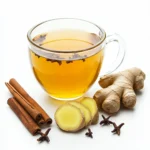
Clove Tea: A Natural Remedy for Oral Health and Lung Support
- Total Time: 12–13 minutes
Ingredients
Let’s break down the health benefits of each ingredient used in this recipe:
-
Cloves (¼ tsp) – Rich in eugenol, an oil with antibacterial and anti-inflammatory properties. Known for reducing oral bacteria, soothing sore throats, and easing respiratory discomfort.
-
Fresh Ginger (½ inch, sliced) – Acts as a natural expectorant, helping to clear mucus from the lungs while reducing inflammation and nausea.
-
Cinnamon Stick (1 stick) – Adds flavor and warmth while also providing antibacterial and antioxidant properties.
-
Boiling Water (3 cups) – Extracts the beneficial compounds from the herbs and spices, creating a healing infusion.
-
Honey (optional, added after cooling slightly) – Offers antibacterial properties and a soothing effect on the throat while enhancing the flavor of the tea.
Instructions
Step 1 – Prepare the Ingredients
Gather ½ inch of fresh ginger, slice it thinly, then measure out ¼ teaspoon of cloves and 1 cinnamon stick.
Step 2 – Boil
Bring 3 cups of water to a rolling boil in a pot. Add the ginger slices, cinnamon stick, and cloves.
Step 3 – Simmer
Reduce the heat and let the mixture simmer for 7–8 minutes. This allows the water to extract the beneficial oils and compounds from the ingredients.
Step 4 – Strain
Remove the pot from heat and strain the tea into mugs, discarding the spices.
Step 5 – Sweeten (Optional)
Let the tea cool slightly before adding honey. Adding honey to boiling hot tea can destroy some of its beneficial enzymes.
Step 6 – Sip and Enjoy
Drink while warm. For best results, enjoy the tea when experiencing congestion, cough, or oral irritation.
- Prep Time: 5 minutes
Nutrition
- Calories: 10
- Sugar: 0g
- Sodium: 5 mg
- Carbohydrates: 2g
- Protein: 0g
